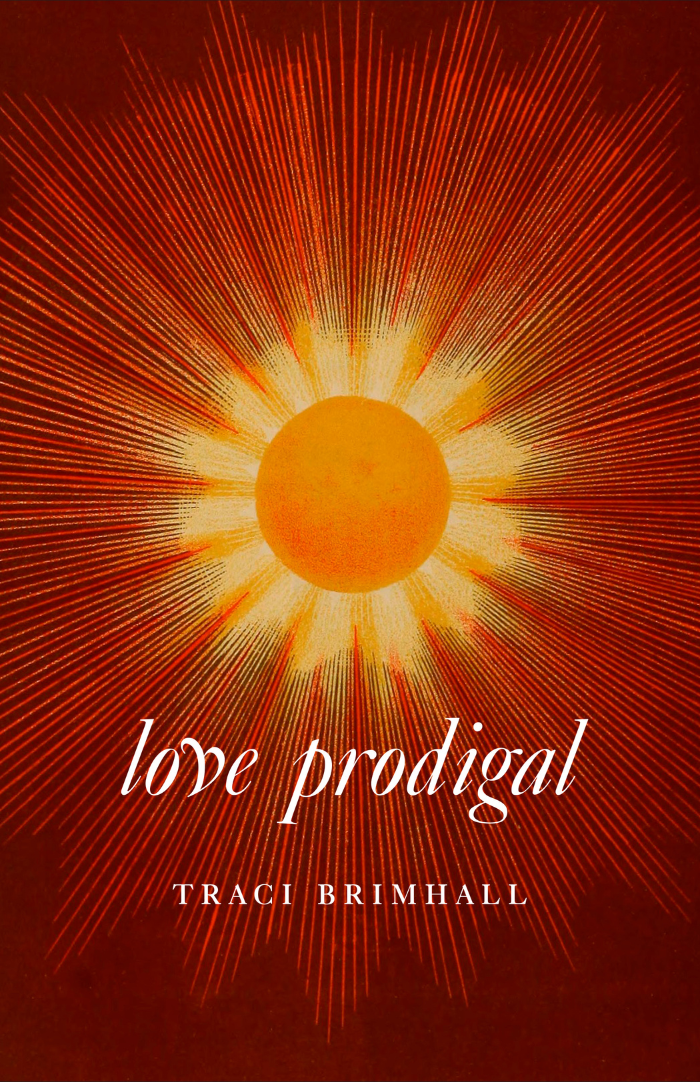
Fiercely self-aware and “utterly present tense,” Traci Brimhall’s Love Prodigal lives in the messiness of starting over. As Brimhall grieves a divorce and a new diagnosis, cycles of loss, heartbreak, family trauma, and chronic illness appear. There is an urge to detach, to go numb. Yet, pain is always returned as a gift—the beautiful vulnerability of feeling. In conversation with Da Vinci, Shakespeare, and Bachelard, images of the phoenix appear throughout the collection; its metaphor promises an easy and endless cycle of rebirth—a forever life, forever alone. Brimhall rejects this idea, instead reaching for the slow, messy, and imperfect process of healing.
ISBN: 9781556597022
Format: Paperback
Reviews
“An intense flow of loose-limbed, vividly imagined, and deeply felt poems. . . . Brimhall addresses life’s everyday suffering in astonishing language that will attract a wide range of readers. Highly recommended.”—Barbara Hoffert, Library Journal, STARRED review
“Love, divorce, illness, and grief are at the center of Brimhall’s expansive and moving fifth collection (after Come the Slumberless to the Land of Nod). The title poem is among the book’s most evocative, framing love as something that, like the prodigal son, departs, endures hardship, and returns—sometimes changed, sometimes forgiven.”—Publishers Weekly
“Traci Brimhall’s fifth collection simmers. . . . These poems of mid-life renewal reverberate with the past, rewritten from a transformative new landscape. . . . Throughout, Brimhall builds ‘the truth of motherhood,’ a motherhood set realistically within illness, divorce, transformations. As these poems enthusiastically remind us, all of life continues to happen when mothering, including the passions, bodily and poetic, that thread a body of work, a personal history that moves toward freedom and power.”—Rebecca Morgan Frank, Lit Hub
“Writes with daring and dazzling descriptions of intimacies real and surreal.”—Roberta E. Winter, New York Journal of Books
“At the heart of Traci Brimhall’s enchanting new collection is the image of the phoenix, the mythical bird that rises from its own ashes—resurrection, second chances. The aubade is a recurring form in Love Prodigal, a love poem signifying sun-up, lovers parting at dawn . . . [and] interestingly, the fleuron, or glyph, that signals the start of each new section of this book, is a rising sun. All of this points to Brimhall’s overarching vision of our (i.e., her) messy human lives.”—Charles Rammelkamp, Compulsive Reader
